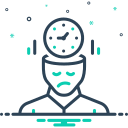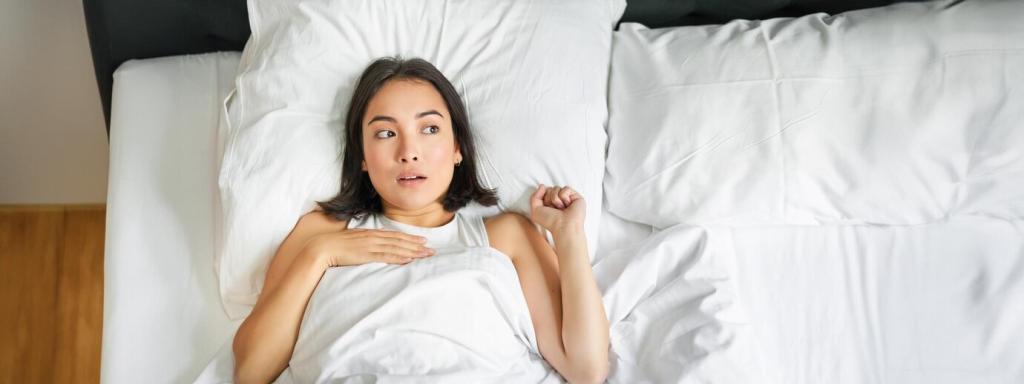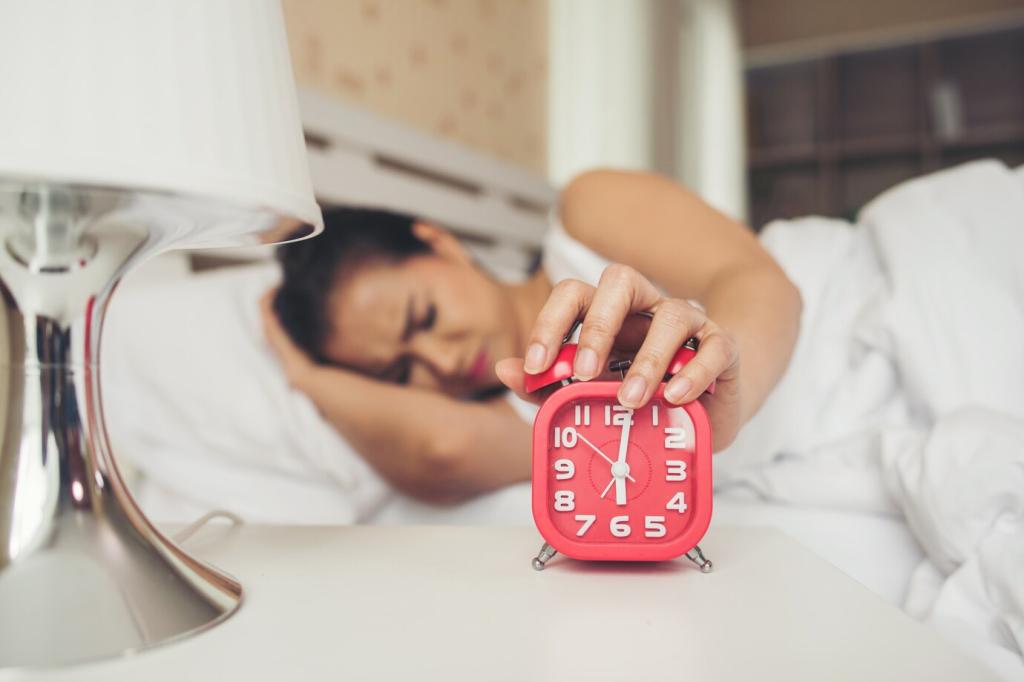REM, Deep Sleep, and Emotional Balance
Deep sleep supports immune function and physical recovery. Stress fragmentation reduces its continuity, leaving mornings foggy. Which habits help you wake clearer—earlier dinners, cooler rooms, or darker curtains? Comment so we can compare notes.
REM, Deep Sleep, and Emotional Balance
During REM, the brain revisits emotional memories with dampened stress chemistry, helping integrate difficult experiences. Chronic stress suppresses REM, preserving raw edges. Have dream patterns changed during tense periods? Share respectfully; your story can help others.





